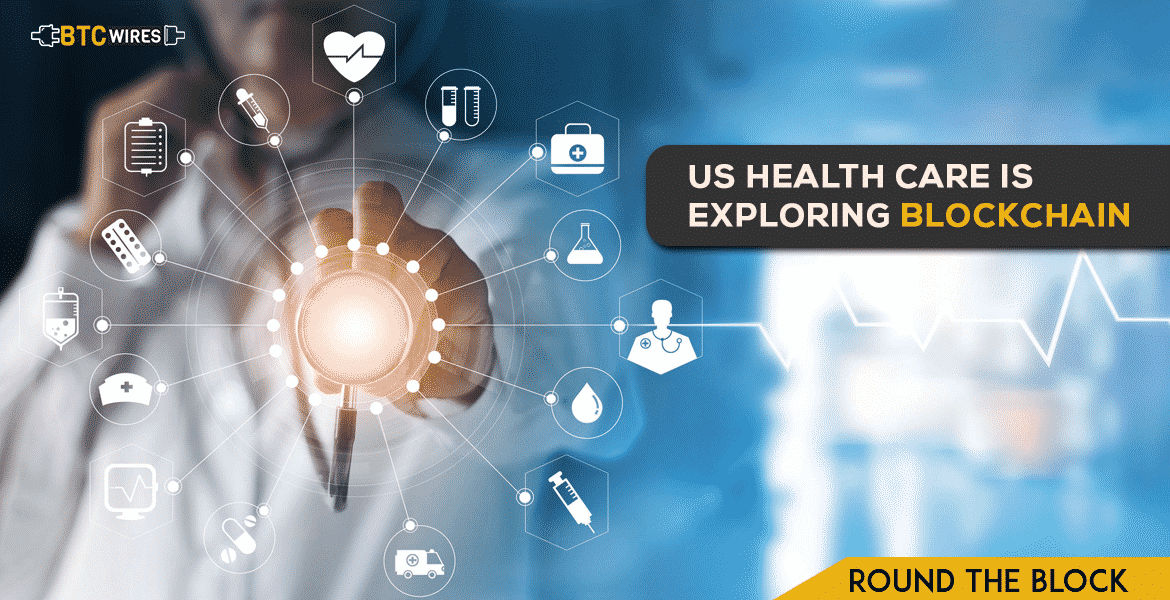The expansive healthcare system of the United States has often

The expansive healthcare system of the United States has often been plagued with coordination issues. Lack of adequate centralized data maintenance and handling system has led patients to incur some very real costs, with doctors being unable to access necessary information during emergencies and the recorded information being open to security breaches. Before this, there has been no comprehensive technological solution that would make it possible to track changes over prescriptions and tests. Resultantly, we have situations where Boston alone needs to rely on over 30 different electronic database systems with no cohesion between them.
However, now it appears that a modern solution is possible for the malady that grips the healthcare industry. As studies on health care innovation is undertaken at the St Louis University School of Law (Center for Health Law Studies) have shown, the time is ripe to make use of blockchain to put these troubles to rest.
We understand blockchain chiefly in connection with cryptocurrencies like Bitcoins but blockchain technology can accomplish much more than simply handling digital currencies. Blockchain would allow users to make use of secure connections and databases to update and compile information and even make corrections to human errors that may have crept in, since the technology maintains a record of edits made: when and by whom they were made. With enhanced security mechanisms and interconnected networks, blockchain has a formidable potential to transform the healthcare record space.
Blockchain can revolutionize more than patient record maintenance. It can very well contribute to the efforts of the Centers for Disease Control and Prevention to maintain consolidated and unified databases that detail pathogens, epidemics, risks etc. Some experts have also indicated that this might be a rather useful way to track use and
abuse of drugs as well. Moreover, the technology can come in handy in improving clinical trials by promoting data sharing between various players.
Indeed, this process has already begun in 2017 with pharmaceutical giant Pfizer announcing support for MediLedger, a firm that seeks to use blockchain to record pharma trials.
2018 has also seen promising steps in the right direction, with five major healthcare firms together using a blockchain system for data collection. Notably, competing for health insurers are a part of this project too.
In this regard, the US could do well to take a leaf out of Europe’s book. EU had created a multinational biomedical data-exchange system in 2016 and Sweden uses the CareChain platform to meet similar needs. Clearly, it is time for the US to follow suit.
